Description
Lemongrass oil is an essential oil derived from the lemongrass plant, scientifically known as Cymbopogon citratus or Cymbopogon flexuosus. It is cherished for its refreshing citrusy aroma and a variety of potential therapeutic and culinary uses. Here are some key details about lemongrass oil:
Extraction: Lemongrass oil is typically extracted through steam distillation, a process that involves passing steam through lemongrass leaves and stems to release the essential oil. The oil is then collected and condensed.
Aroma: Lemongrass oil has a bright and uplifting citrus aroma with earthy undertones. It is known for its ability to promote a sense of freshness and revitalization.
Color: The color of lemongrass oil is usually yellow to amber.
Common Uses:
- Aromatherapy: Lemongrass oil is widely used in aromatherapy for its invigorating and mood-enhancing properties. Inhaling its aroma can help reduce stress, anxiety, and fatigue.
- Topical Application: When diluted with a carrier oil, lemongrass oil can be applied topically to soothe muscle aches and pains. It is often used in massage blends for its potential to alleviate tension.
- Skin Care: Lemongrass oil is valued for its potential benefits in skincare. It may help tone the skin, reduce the appearance of blemishes, and provide a refreshing sensation when added to skincare products.
- Hair Care: Some hair care products incorporate lemongrass oil for its pleasant scent and potential to promote scalp health.
- Insect Repellent: Lemongrass oil is known to have natural insect-repelling properties. It can be used to deter mosquitoes and other pests.
- Flavoring: In culinary applications, lemongrass oil is used as a flavoring agent to add a citrusy and herbal note to dishes, beverages, and desserts. It is a common ingredient in Thai and Southeast Asian cuisine.
- Digestive Health: Lemongrass tea, made from the leaves of the plant, is consumed for its potential digestive benefits. It may help alleviate stomach discomfort and promote healthy digestion.
Safety: Lemongrass oil is generally considered safe when used as directed. However, it should be diluted with a carrier oil before applying it to the skin to prevent skin irritation. It should be kept away from the eyes and mucous membranes. Individuals with sensitive skin should perform a patch test before applying it to larger areas.
In summary, lemongrass oil is a versatile essential oil celebrated for its citrusy aroma and diverse applications in aromatherapy, skincare, massage, culinary arts, and more. When used responsibly, it can contribute to a sense of revitalization and well-being in various aspects of life.

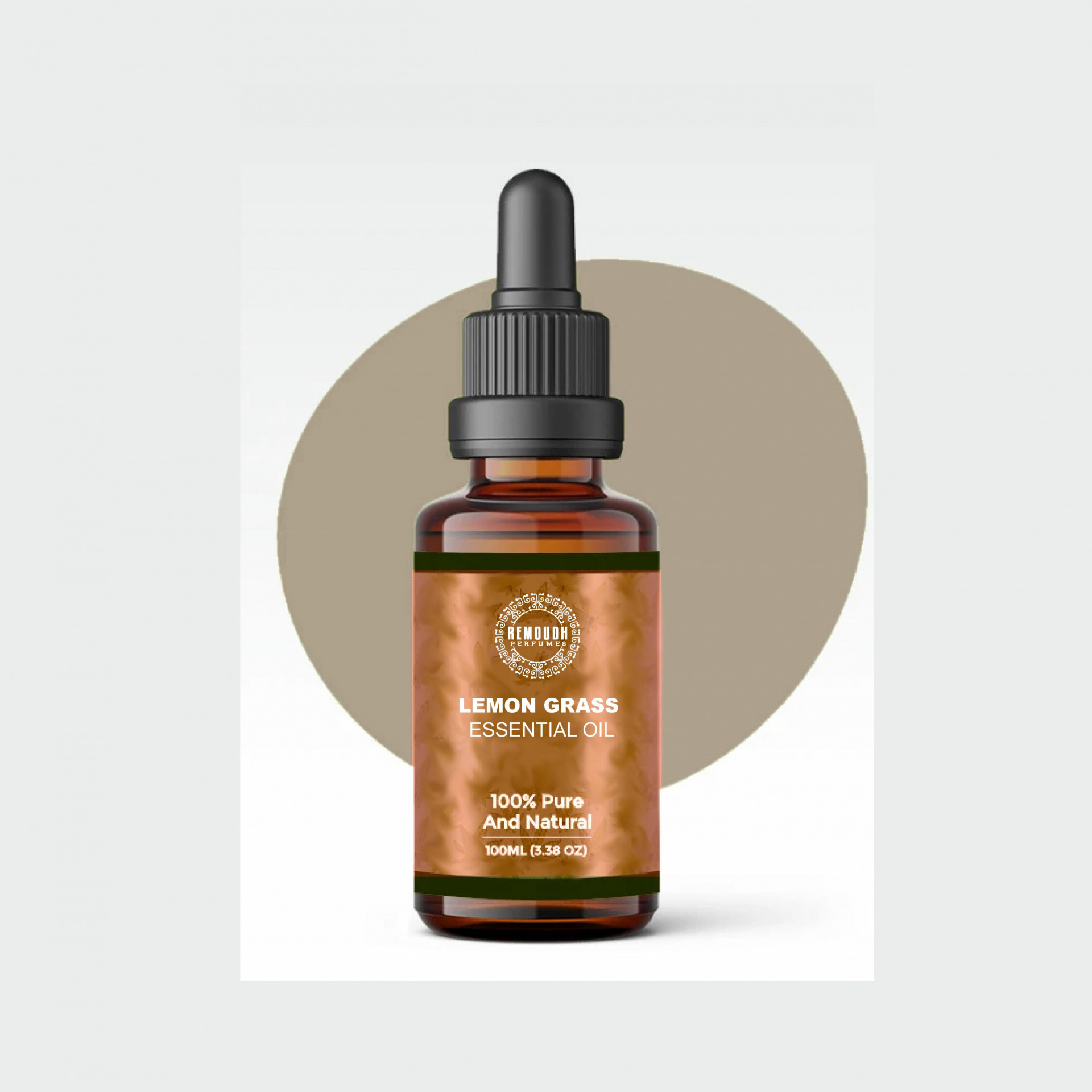
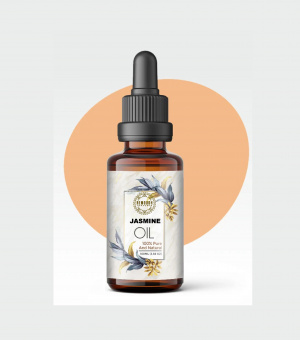
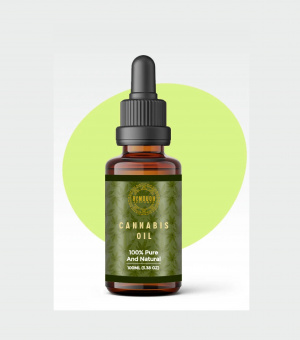
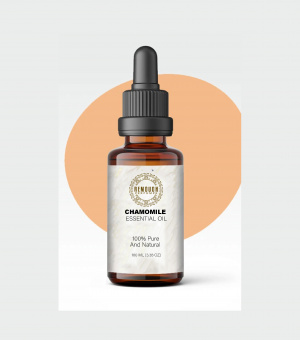
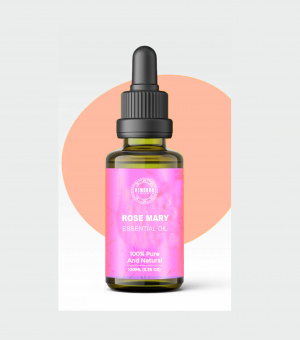
Reviews
There are no reviews yet.